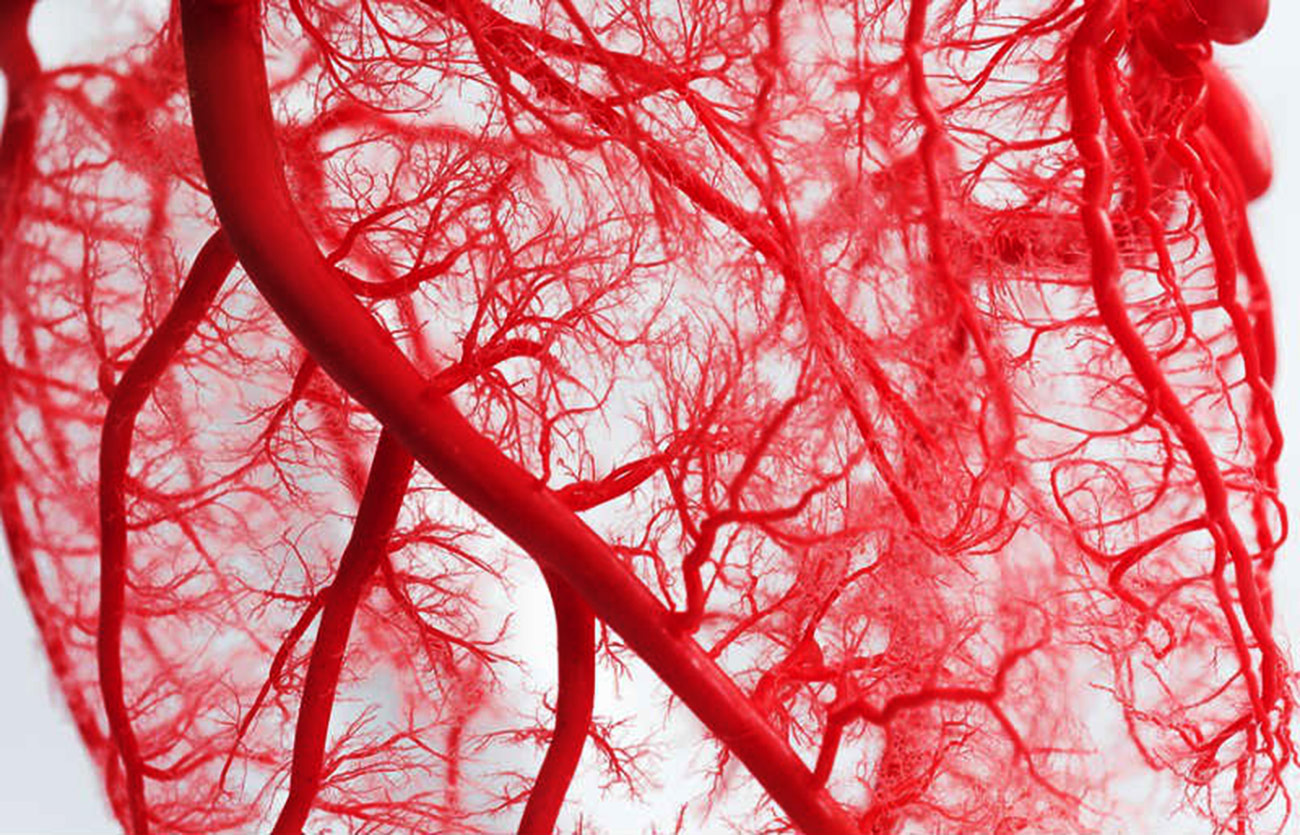Source: Thailand Medical News Jan 19, 2020 6 years, 2 weeks, 22 hours, 40 minutes ago
Research from the Smidt Heart Institute at Cedars-Sinai showed for the first time that
women's blood vessels, including both large and small arteries age at a faster rate than men's. The findings, published Wednesday in the journal
JAMA Cardiology, could help to explain why
women tend to develop different types of
cardiovascular disease and with different timing than men.

Dr Susan Cheng, MD, MPH, MMSc, senior author of the study and director of Public Health Research at the Smidt Heart Institute told
Thailand Medical News, "Many of us in medicine have long believed that
women simply 'catch up' to men in terms of their
cardiovascular risk. Our research not only confirms that
women have different biology and physiology than their male counterparts, but also illustrates why it is that
women may be more susceptible to developing certain types of
cardiovascular disease and at different points in life."
Utlizing community-based data amassed from multiple sites across the country, Cheng and her research team conducted sex-specific analyses of measured blood pressure, a critical indicator of cardiovascular risk. The data represented nearly 145,000 blood pressure measurements, collected serially over a 43-year period, from 32,833 study participants ranging in age from 5 to 98 years old.
As a person's risk for developing a
heart attack,
heart failure, or a stroke typically begins with having high blood pressure, Cedars-Sinai researchers combed through their massive data looking for clues and patterns regarding how blood pressure starts to rise. Then, instead of comparing the data from men and
women to each other, investigators compared
women to
women and men to men.
This new approach allowed investigators to identify that the progression and evolution of
women's
vascular function is very different than for men. In fact,
women showed signs of blood pressure elevation much earlier in life than men.
Dr Cheng, the Erika J. Glazer Chair in Women's Cardiovascular Health, who also serves as director of Cardiovascular Population Sciences at the Barbra Streisand
Women's Heart Center further added, "Our data showed that rates of accelerating blood pressure elevation were significantly higher in
women than men, starting earlier in life. This means that if we define the hypertension threshold the exact same way, a 30-year old
woman with high blood pressure is probably at higher risk for
cardiovascular disease than a
man with high blood pressure at the same age."
Dr Christine Albert, MD, MPH, founding chair of the newly established Department of
Cardiology at the
Smidt Heart Institute, says this new research should help guide clinicians and researchers to think differently when it comes to treating and studying
women and their
cardiovascular health.
Dr Albert added, "Our
women's
heart health experts have a long history of advocating for adequate inclusion of
women in research and the need to both recognize and study sex differences in
cardiovascular physiology and disease. This study is yet another reminder to physicians that many aspects of our cardiovascular evaluation and therapy need to be tailored specifically for
women. Results from studies performed in men may not be directly extrapolated to
women."
Reference: Wenger NK. Adverse Cardiovascular Outcomes for Women—Biology, Bias, or Both? JAMA Cardiol. Published January 15, 2020. doi:10.1001/jamacardio.2019.5576 